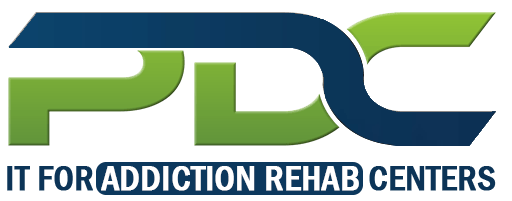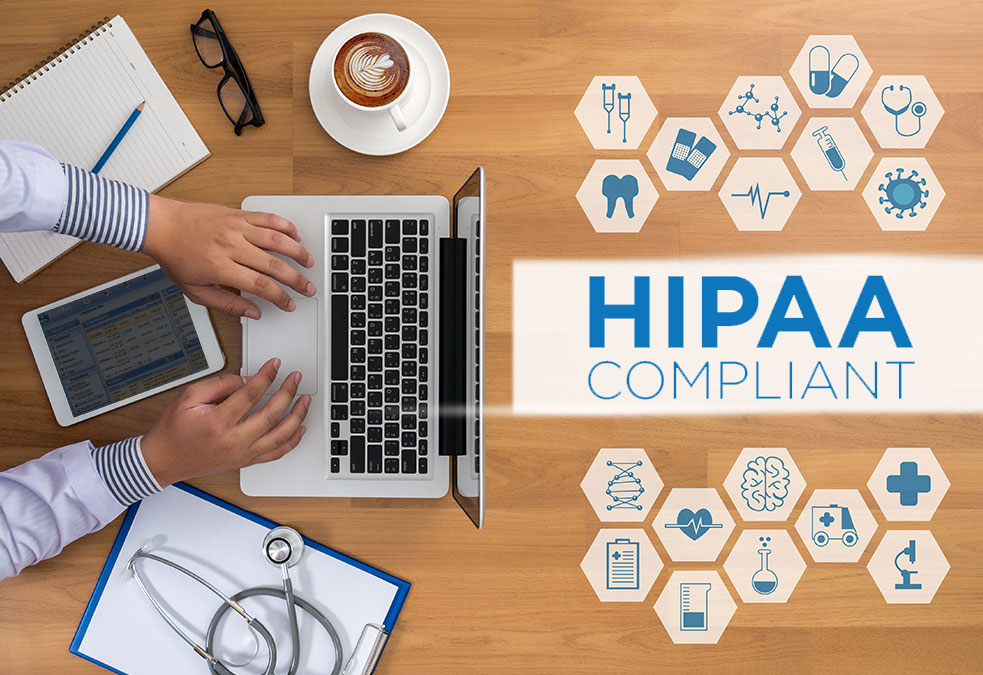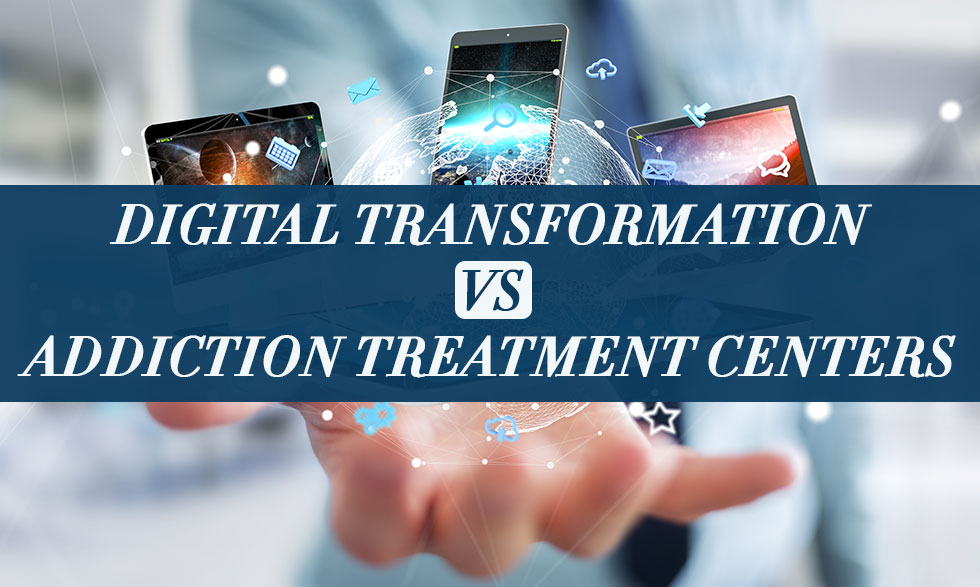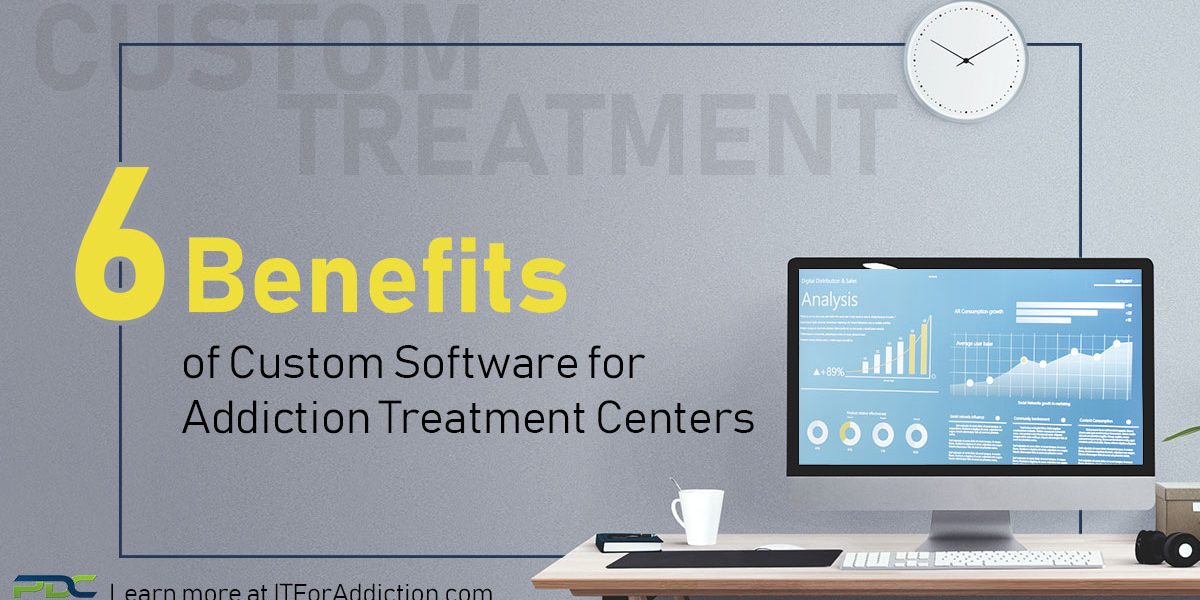The Health Insurance Portability and Accountability Act (HIPAA) requires all healthcare organizations to protect patient health information. With The US Department of Health enforcing HIPAA standards, there has been a great rise in the number of organizations being fined.
For some treatment organizations, technology and compliance can be an issue. Relying on technology to manage patient health information can become risky for organizations without a reliable information technology team. As a result, IT For Addiction is the go-to IT firm for helping addiction centers avoid costly HIPAA penalties.
It is critical for addiction treatment employees receive proper training because even unknown HIPAA violations can be fined. For This Reason, IT For Addiction provides your staff with the best HIPAA training. We know how to make your staff and your technology HIPAA compliant.
Common HIPAA Violations
There have been many intentional HIPAA breaches in recent years. But, carelessness is the number one reason for the most common HIPAA violations. Technology is one of the most common reasons for HIPAA breaches. From sharing patient health information on unsecured email servers, having outdated software on work computers, and even private messaging with patients’ friends and family can lead to HIPAA violations.
Data Security
Another major concern is data security. Many addiction rehab organizations have various devices that they use to access HIPAA protected information. Therefore, losing one of these devices can result in major HIPAA violations for an organization. Of course, having the right security measures in place can protect the data on any lost or stolen device.
Addiction treatment organizations should always use good judgment cyber security and passwords. Every employee should have their own passwords, and it should never be shared, not even with other employees. Additionally, all devices used to access patient health information should only be used for work. Accessing personal social media and non-work related websites can lead to a potential data breach.
“We ensure that your network security is equipped with the best firewalls, intrusion detection and prevention systems and all other essentials needed to protect your data.”
Illegal Disclosure
There have been many cases where texting patient information between employees has resulted in HIPAA fines. Choosing the quick way to relay patient information may seem harmless, but it may be the most unsecured way. Also, addiction rehab employees should never attempt to access patient health information from home.
In some cases, multiple doctors and specialists may request a patient’s health records. In this instance, it’s critical to have the patient’s primary health care provider receive the patient’s written consent to send the information to the requester.
Preventing common HIPAA Violations
One of the most effective ways to stop common addiction rehab HIPAA violations is to make HIPAA compliance a part of your organization’s culture. Proper HIPAA training for your staff ensures that your employees understand the importance of protecting patient health information.
Most importantly, HIPAA Risk Assessments are the key to staying on top of any potential violations. HIPAA recommends that healthcare organization should perform a HIPAA Risk Assessment quarterly. As an illustration, the risk assessment discloses all areas and shows every potentially overlooked common HIPAA violations.
Staying Educated on HIPAA Regulations
The smallest harmless mistakes may lead to HIPAA violations or even loss of license. At IT For Addiction, we understand HIPAA compliance and our HIPAA certified experts are dedicated providing the best to IT services and compliance services specifically for addiction treatment centers.
Traditional IT service providers don’t understand the unique considerations of addiction treatment centers, but we do. Over 20 years of experience helping treatment facilities avoid HIPAA violations.




